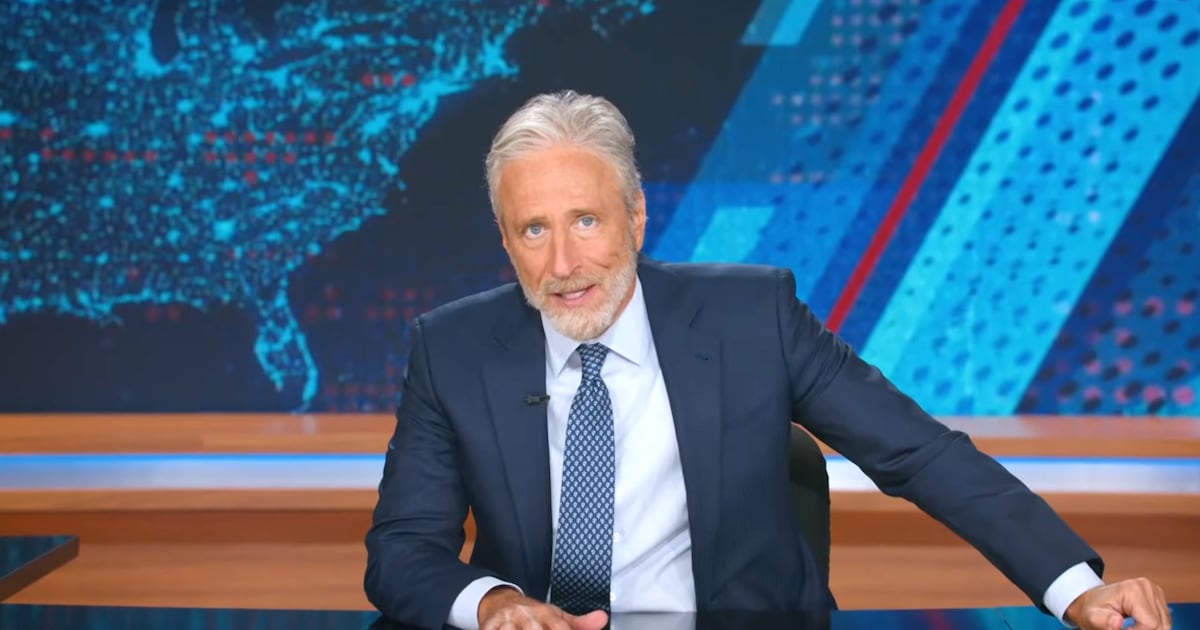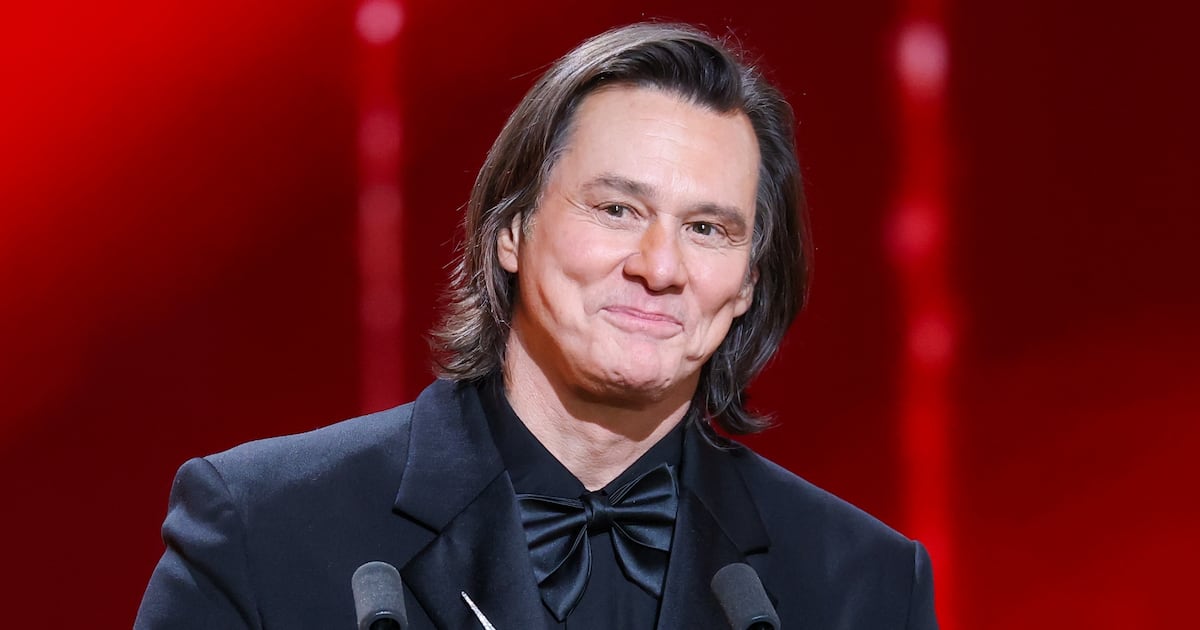A single car-horn honk and flipped middle finger is all it takes to ignite two powder kegs in Beef, creator/writer Lee Sung Jin’s series about a pair of Korean-American strangers whose lives chaotically intertwine following a calamitous confrontation.
Anyone who’s ever wanted to rage against a fellow motorist will feel piercingly seen by this 10-part Netflix affair (produced by A24), and if it eventually goes somewhat off the rails toward its conclusion—albeit in a manner meant to echo its characters—it remains a surprising and amusing investigation of behind-the-wheel fury and the underlying forces that fuel it.
“There’s always something,” remark multiple people in Beef (which premieres April 6), and that’s definitely true when it comes to small-time Los Angeles contractor Danny Cho (Steven Yeun) and houseplant-business owner Amy Lau (Ali Wong), whose days are wracked by ceaseless headaches.
For Danny, returning three hibachi grills to big-box retailer Forster, only to be thwarted when he can’t find the receipt, begets simmering frustration that’s compounded by sighs and eye rolls from the cashier and those behind him in line. This is the proverbial straw that breaks the camel’s back, since Danny is already short on cash, looked at with disdain by his younger brother Paul (Young Mazino), and aggravated by the fact that the motel he and Paul call home used to be owned by his parents, until his untrustworthy cousin Isaac (David Choe) ruined everything with his criminal activity.

Thus, when he pulls out of his parking spot and is honked at by a white SUV—whose driver then gives the bird—Danny snaps and chases after the car like a madman.
The demented vehicular skirmish that ensues ends with the SUV getting the best of Danny. Not one to let things go, however, he memorizes its license plate and tracks down its owner: Amy, whose posh and well-off life in swanky Calabasas is similarly beset by stress. Amy feels pressure to sell her business to snooty and pretentious tycoon Jordan Forster (Maria Bello), which she believes will allow her to spend more time at home with her husband George (Joseph Lee) and young daughter June (Remy Holt).
Even in their newly redecorated domestic space, however, Amy finds little solace, since George is a wannabe artist whose work doesn’t match that of his famous Japanese father, and George’s mother Fumi (Patti Yasutake) is an overbearing and judgmental presence. It’s therefore little wonder that—much to her beta husband’s chagrin—she likes to use the family’s gun for sexual gratification purposes, and that she totally loses it when Danny picks an auto-fight with her.
Danny and Amy’s behavior is over the line, and things escalate when he later shows up on her doorstep pretending to be a concerned citizen, only to promptly urinate all over her bathroom floor—thereby revealing himself as her recent roadside adversary. In doing so, Danny declares all-out war between the two, compelling an irate Amy to retaliate by tanking his construction business with lousy Yelp reviews. This has severe financial implications for Danny, who’s just borrowed money from paroled Isaac that he can’t pay back—forcing him to sign over his company (and truck) to his cousin.
Subsequent reconnaissance trips to check out Danny’s place of residence and catfishing texts result in Amy striking up a deceitful digital relationship with Paul—who thinks she’s Mia (Mia Serafino), Amy’s employee, who’s actually carrying on with George—at which point both of these protagonists’ universes become hopelessly entangled.

Beef is a downward spiral brought about by Danny and Amy’s individual hang-ups—a volatile stew of bitterness, regret, guilt, and exasperation over past slights and present needs to live up to personal and professional expectations. Whether it’s parents, kids, or coworkers, life proves to be a barrage of constant challenges, and Jin’s series is most assured when it taps into its main characters’ irritation, and details how that unhappiness manifests itself as hostility to others. Danny and Amy’s kindred wrath is the byproduct of a collection of molehills that, together, amount to a mountain—or at least they feel that way in the moment—and it drives them to commit ever-crazier acts of sabotage against each other, all of which have severe ramifications for those they love.
With episode titles (displayed against monstrous modern art pieces) that sound like songs off a Nine Inch Nails album, and action scored to a variety of cheeky ’90s rock hits, Beef careens wildly down its winding path, with Jin and directors Hikari and Jake Schreier rarely taking their foot off the pedal. Yeun and Wong are an expertly matched duo, casting their respective characters’ vehemence as a consequence of their fundamental misery—some of which, flashbacks elucidate, dates to childhood. Sexual, familial, economic, and social burdens and discontent turn out to be more than either Danny or Amy can properly process, and their battle resonates as a vision of 21st-century anxiety, despair, and anger writ humorously large.

For most of his 10 installments, Jin balances his wilder narrative impulses with empathetic and complex portraits of Danny and Amy. Nonetheless, there are some bumps along the way. At times, his plotting can be a tad hazy, interfering with the proceedings’ thrust, and the last two episodes veer so far into absurdly unrealistic territory that the material’s equilibrium is briefly upended. Beef isn’t meant to be wholly realistic but its closing calamities come across as unduly over the top. Fortunately, Yeun and Wong have by this point so clearly defined Danny and Amy that, even amidst unbelievable circumstances, they carry the series through to the finish line.
Beef gets so far inside its sparring Angelenos’ heads that it temporarily loses its bearings. Still, boasting strong supporting performances as well as prickly banter that lends it a distinctly Korean-American POV (the best: Danny’s recurring refrain that “Western therapy doesn’t work on Eastern minds”), the show is simultaneously screwy and sentimental enough to make up for its minor hiccups. Playing like an unhinged riff on Ben Affleck and Samuel L. Jackson’s Changing Lanes, it’s a sizzling examination of what drives people to lose their temper—and, in doing so, to jeopardize everything they hold most dear.
Liked this review? Sign up to get our weekly See Skip newsletter every Tuesday and find out what new shows and movies are worth watching, and which aren’t.






